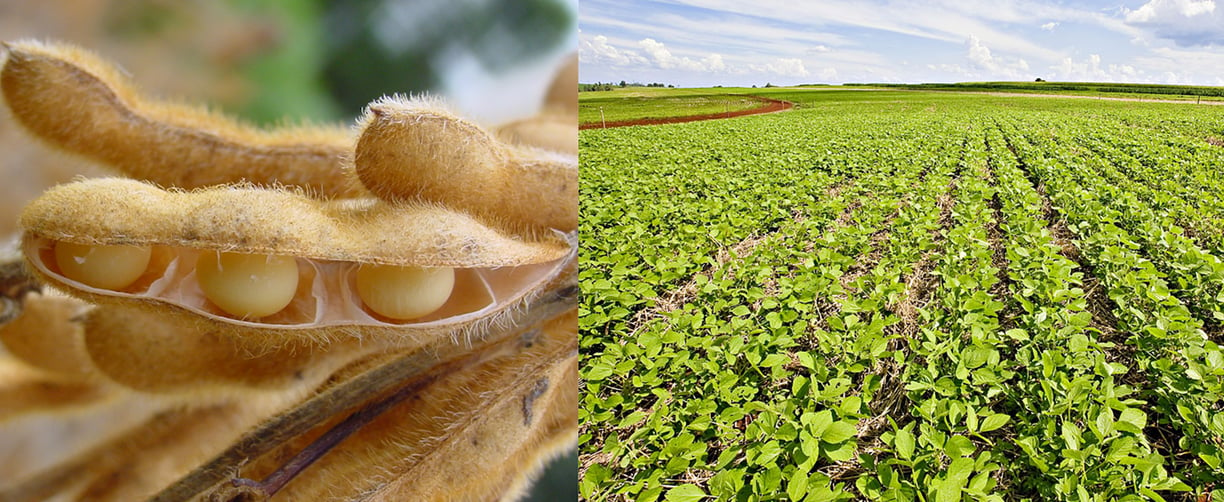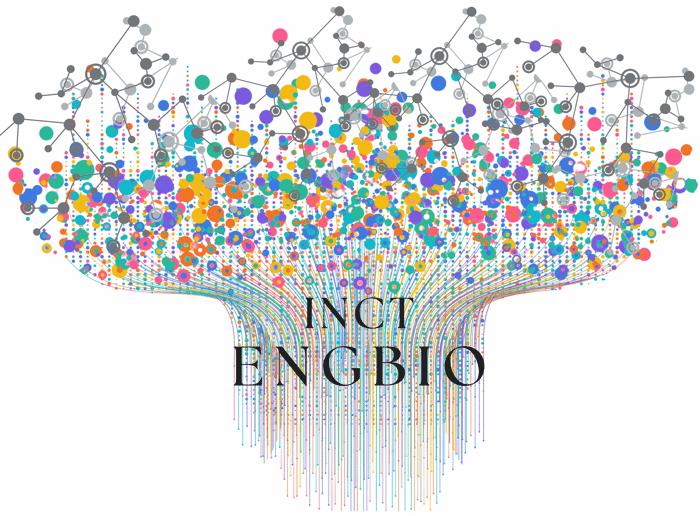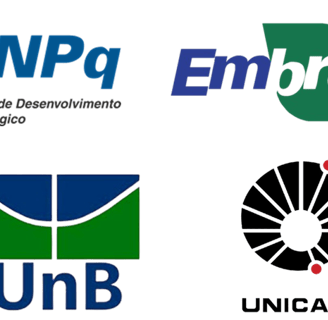SOYBEAN
Soybean (Glycine max) is one of the most economically important crops worldwide, widely cultivated for its high protein and oil content. Understanding the genetic and microbial factors that influence its growth, resilience, and productivity is essential for advancing sustainable agriculture and food security. Recent advances in high-throughput sequencing technologies have enabled comprehensive studies of the soybean genome, transcriptome, and associated microbiomes, offering unprecedented insights into its biology. Sequencing efforts targeting the soybean plant and its interactions with soil, root, and rhizosphere microbiota are critical for identifying beneficial microorganisms, uncovering stress-resistance genes, and developing improved cultivars through molecular breeding and biotechnological approaches.






The samples were collected at different locations and during various seasons of the year, including species adapted to the humid tropical environment and others capable of withstanding occasional dry spells. The data can serve as a basis for research into bioinputs, restoration of degraded areas, and adaptation of crops to climate change. The Amazon, known for its vast biodiversity and complex ecosystems, is home to plants with unique adaptive strategies to thrive in nutrient-poor soils and fluctuating water levels.
link for download metagenome ->> www


